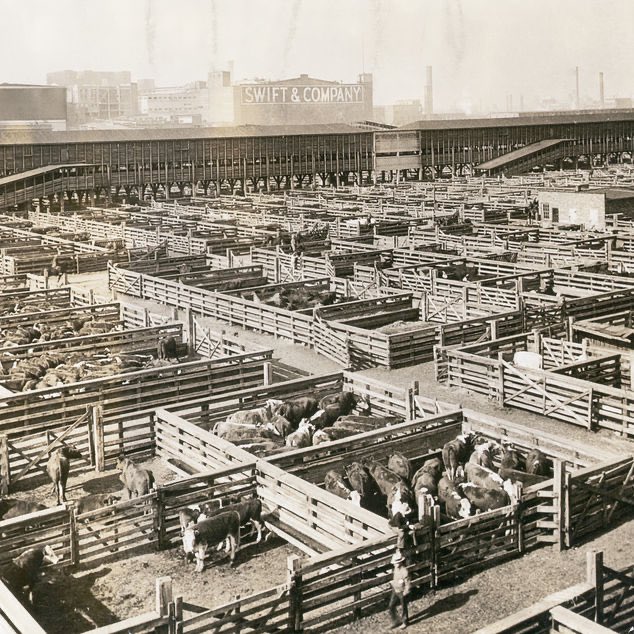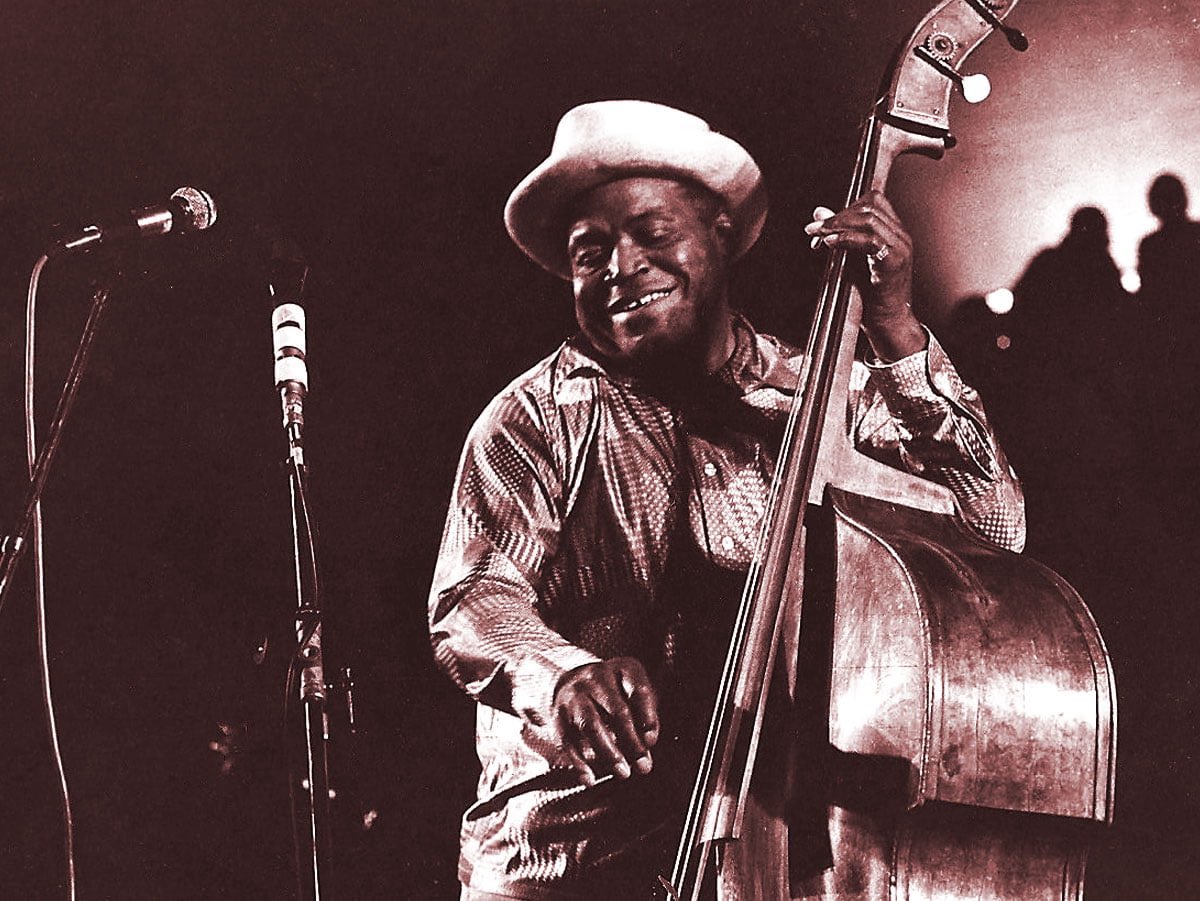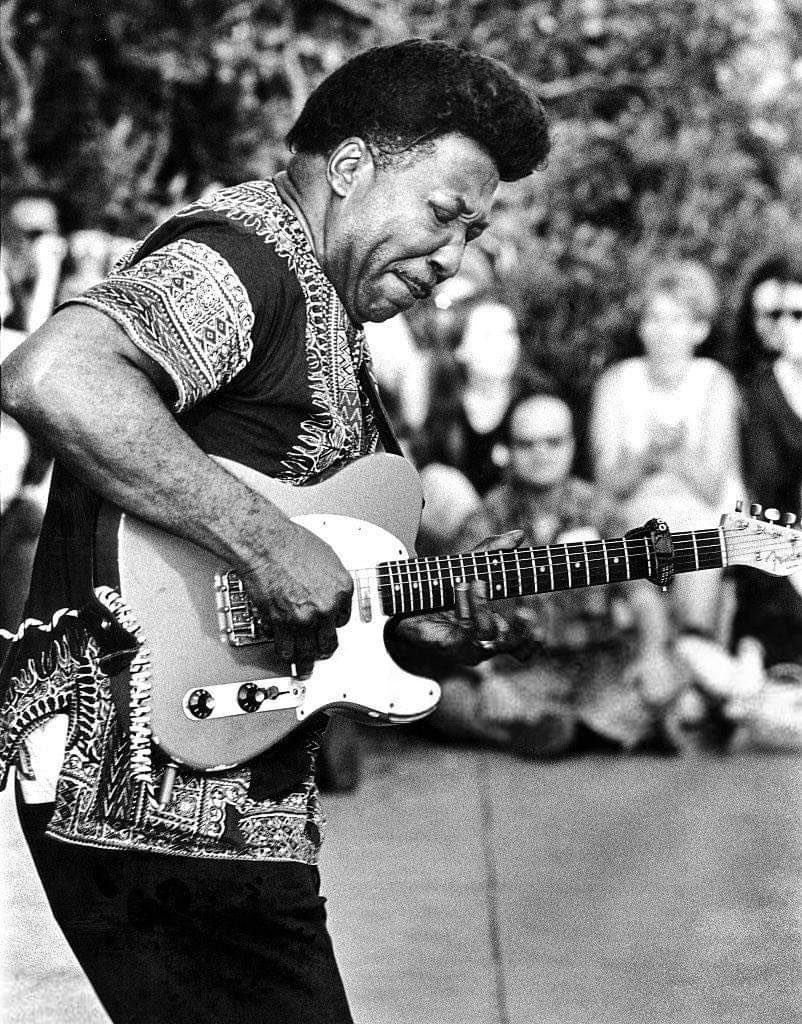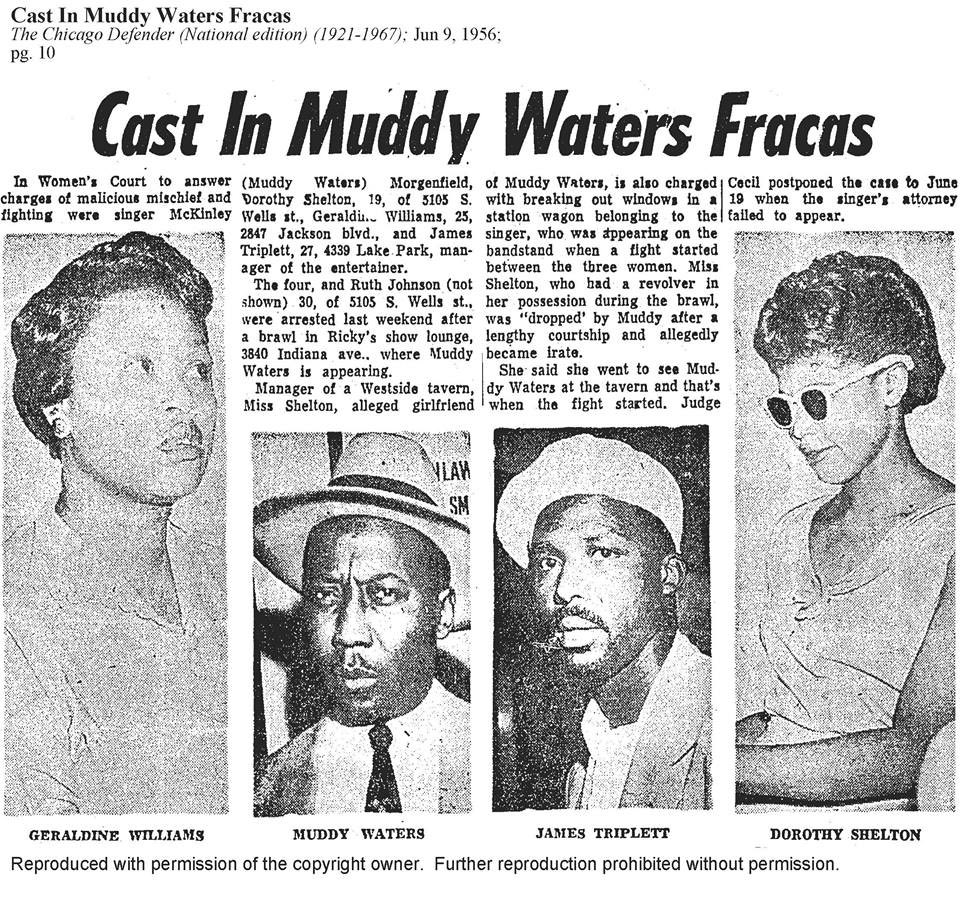
Blues music researcher, journalist, and content producer. Frequent music podcast guest. Born on the South Side of Chicago.
How to get URL link on X (Twitter) App


 The lyrics described grueling conditions and the human toll of meatpacking labor, bringing social commentary into postwar blues when most songs leaned on love or nightlife. Source: Red Saunders Research Foundation; Chicago Defender 2/🧵
The lyrics described grueling conditions and the human toll of meatpacking labor, bringing social commentary into postwar blues when most songs leaned on love or nightlife. Source: Red Saunders Research Foundation; Chicago Defender 2/🧵

 At Chess Records he wrote “Hoochie Coochie Man,” “Wang Dang Doodle,” “Spoonful,” “Back Door Man,” and hundreds more. His songs powered Muddy Waters, Howlin’ Wolf, Koko Taylor, and others onto records and stages worldwide. Source: Willie Dixon, I Am the Blues 2/🧵
At Chess Records he wrote “Hoochie Coochie Man,” “Wang Dang Doodle,” “Spoonful,” “Back Door Man,” and hundreds more. His songs powered Muddy Waters, Howlin’ Wolf, Koko Taylor, and others onto records and stages worldwide. Source: Willie Dixon, I Am the Blues 2/🧵

 Grant Park was the public ground shaken by the 1968 DNC clashes. A year later it hosted a commemorative concert, turning a protest site into a civic music space. Source: Chicago press summaries of 1969 Grant Park events. 2/🧵
Grant Park was the public ground shaken by the 1968 DNC clashes. A year later it hosted a commemorative concert, turning a protest site into a civic music space. Source: Chicago press summaries of 1969 Grant Park events. 2/🧵

 Those charged in Women’s Court were Muddy Waters, Dorothy Shelton, Geraldine Williams, Ruth Johnson, and Muddy’s manager James Triplett on counts of malicious mischief and fighting. Source: Chicago Defender, June 9, 1956. 2/🧵
Those charged in Women’s Court were Muddy Waters, Dorothy Shelton, Geraldine Williams, Ruth Johnson, and Muddy’s manager James Triplett on counts of malicious mischief and fighting. Source: Chicago Defender, June 9, 1956. 2/🧵